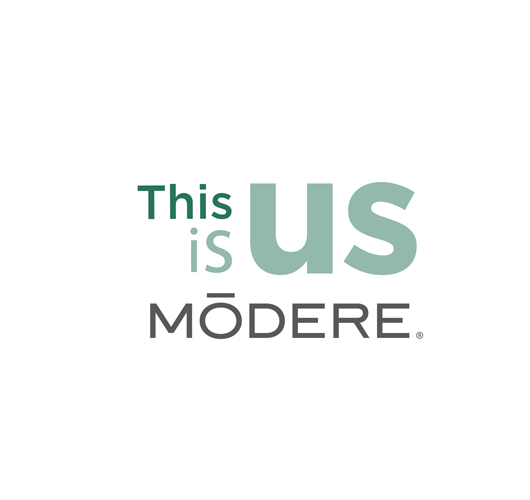Doing our best to manage stress is another important part of caring for the body and mind. When the body is under ongoing stress, the adrenal glands produce higher levels of the stress hormone, cortisol, which over time can have an impact on your health.
‘Stress eating’ is a real thing
There’s truth behind the phrase ‘stress eating’. That stress hormone, cortisol, actually increases your appetite. When stressed, we’re are also more likely to eat foods that are high in fat and sugar – either because we are eating fast or more processed foods to save time, or because we are craving comfort food. This is actually the opposite of what your body needs at this time! On the other hand, eating nutrient-rich foods can help improve mood, enhance energy and support your immune system.
Important nutrients for stress management.
Try integrating more of these nutrients into your meals and snacks during times of high stress:
- Vitamin C lowers levels of the stress hormone, cortisol, and supports the immune system. Citrus fruits, capsicum, broccoli and leafy greens are all good sources.
- Magnesium assists with sleep and relaxation. Whole grains, beans and lentils, avocados, leafy greens, nuts, seeds and salmon are amongst the best sources. And dark chocolate!
- Omega-3 fatty acids help to reduce inflammation and cortisol levels. Fatty fish such as salmon and tuna are great sources, while vegetarians can boost their omega-3s with nuts and seeds.
- B vitamins can help toreduce fatigue and boost mood. Look to salmon, leafy greens, soy products, eggs, wholegrains, legumes like chickpeas, sunflower seeds, lean meat and milk for your B vitamins. Nutritional yeast is also a great source, especially for vegans.
Top tips for eating well now
Here are our top tips for eating well while we are in ‘hibernation’. We hope you find them helpful – both for yourself and your customers:
Try out some new recipes – Having more time at home is a great opportunity to try some new recipes. Try opening up one of the cookbooks that’s been gathering dust on your bookshelf and pick a recipe with lots of vegetables and wholegrains.
- Cook with your family or housemates – Preparing food and eating together is a great way to relax and connect with each other.
- Have a virtual dinner party –Although it’s not possible to have friends and extended family over for meals at the moment, you can still connect over a video platform to have a virtual dinner party.
- Chose healthy snacks –When we are indoors a lot of the time, it can be easy to snack a lot or reach for a bag of chips when we feel peckish. Try snacking on nuts and seeds, or cut up fresh vegetables with hummus instead.
- Enjoy green, white, black and chamomile tea, which have all been shown to reduce cortisol levels and calm the nervous system. Getting up to make a cup of tea is also a good way to break up a day in front of the computer.
- Treat yourself to dark chocolate – If you need a sweet treat, indulge in a couple of squares of your favourite dark chocolate (at least 70 per cent cocoa solids is ideal) and know that it is doing you good.
ExploreIM Integrative Medicine. Eat Right, Drink Well, Stress Less. Available from https://exploreim.ucla.edu/nutrition/eat-right-drink-well-stress-less-stress-reducing-foods-herbal-supplements-and-teas/. Accessed April 2020.










